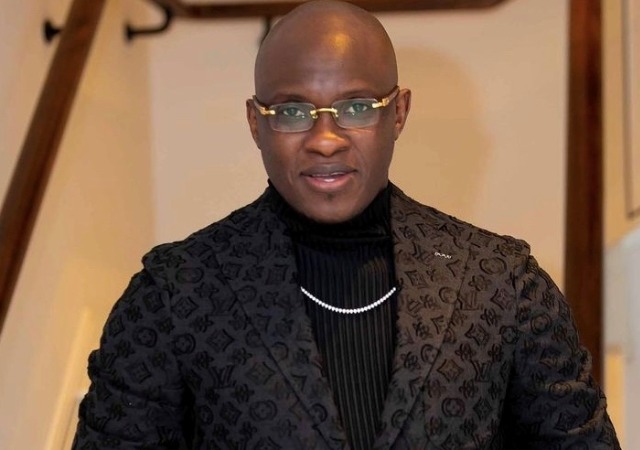- Ayo Makun has expressed his views on the recent issue regarding Netflix’s supposed stop in funding Nigerian original films.
- The situation started when filmmaker Kunle Afolayan announced that Netflix had ceased commissioning Nigerian originals.
- In a chat with Nollywood on Radio, the comedian made it clear that Netflix is not leaving the Nigerian market.
Nigerian comedian and actor Ayo Makun has expressed his views on the recent issue regarding Netflix’s supposed stop in funding Nigerian original films.
The situation started when filmmaker Kunle Afolayan announced that Netflix had ceased commissioning Nigerian originals, raising worries about the company’s dedication to Nigeria.
In a chat with Nollywood on Radio, the comedian made it clear that Netflix is not leaving the Nigerian market.
The actor mentioned that the streaming company is probably changing its strategy because of money issues.
Makun noted that Netflix has spent more in Nigeria than it has made, leading to a review of its business plan.
The filmmaker pointed out that Netflix is facing challenges in Nigeria because many people share subscriptions and the subscription rates are low.
He pointed out that Nigeria, with a population exceeding 200 million, has a low number of Netflix subscribers, which is about 300,000.
Makun mentioned that this difference indicates that many Nigerians are using shared subscriptions to access Netflix instead of getting their own accounts. In Ayo Makun’s words:
“I had a meeting with Netflix recently and it was never mentioned to me that they are opting out of business in this part of the world.
“At the last meeting, we discussed my next project and how they can be a part of it. I also do not want to believe strongly that they are leaving Nigeria.
“There is no way they would leave just the way people are saying it. The truth is if you are doing business in a particular region and you are not making money but spending much more than you making, you would want to re-strategise. That is what is going on with their system and structure.
“…Most of these things do not really deal with the filmmakers alone, it has to do with us as Nigerians. For example, the subscription basis for Netflix in a country that has a population of over 200 million people is just about 300,000 so there is a leakage somewhere that needs to be corrected.
“…You would see a person with a Netflix subscription sharing with several people, so that’s the problem. It is not just about the filmmakers.”




